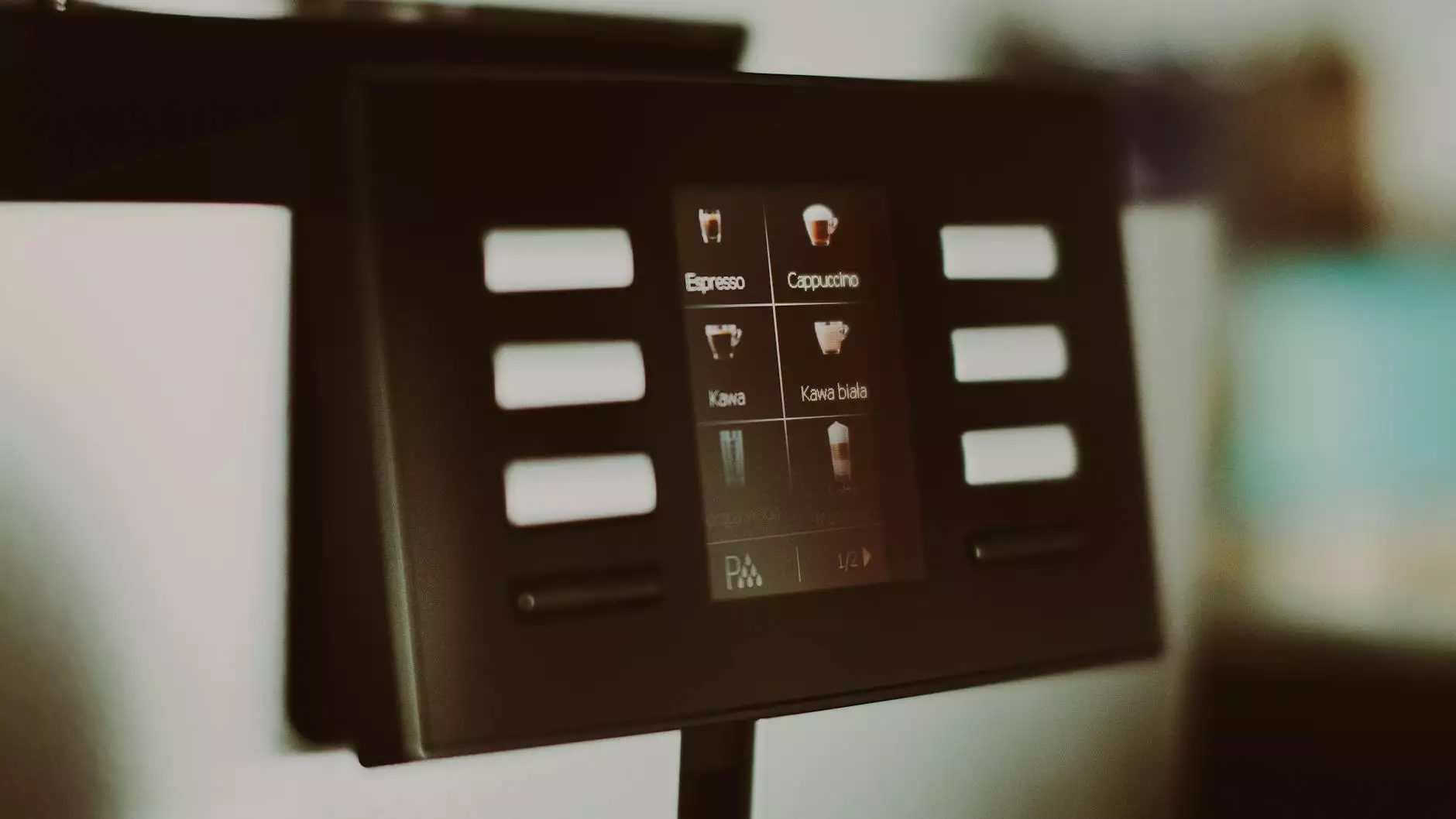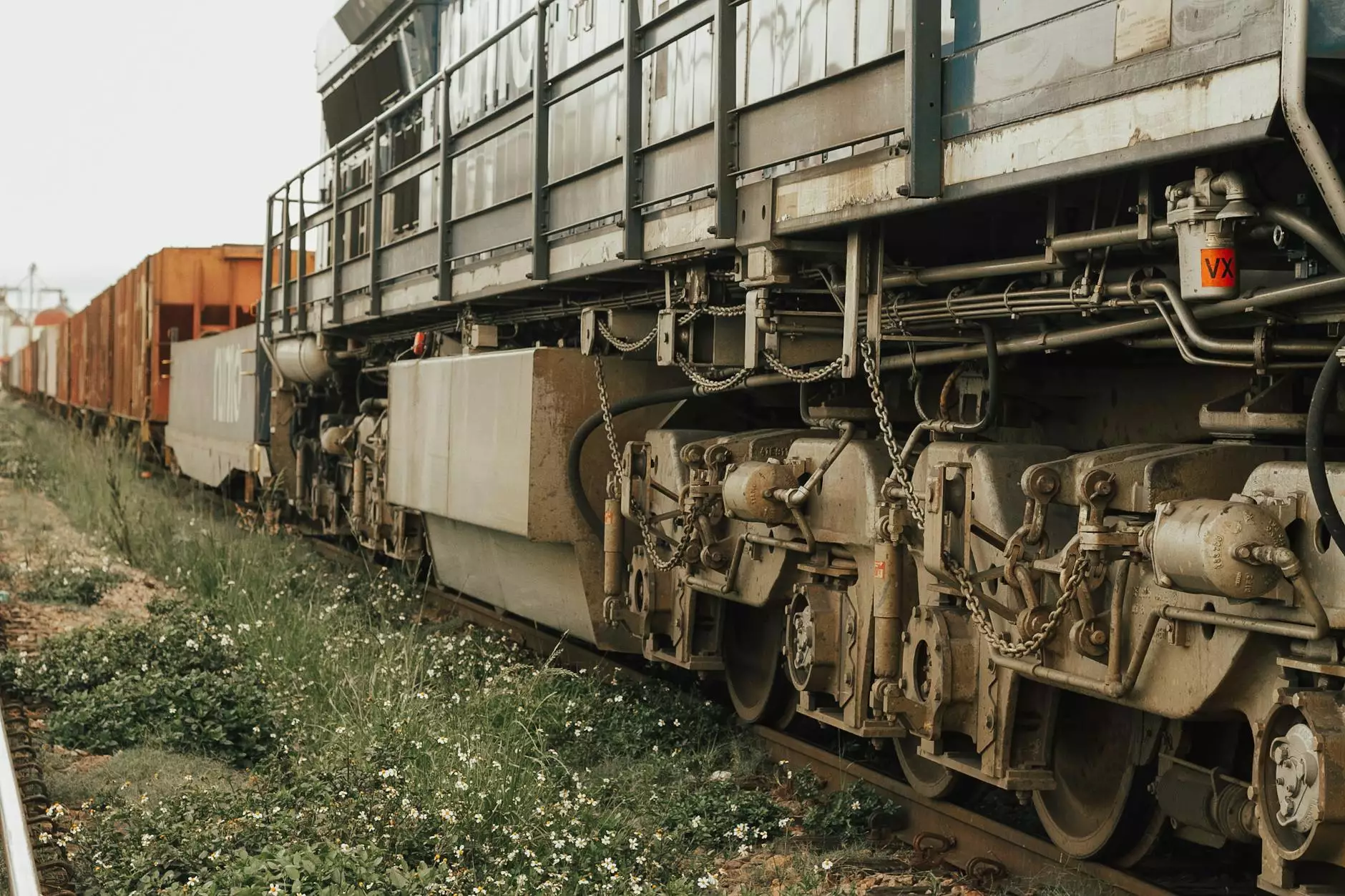Unlocking Precision: The Role of Precision CNC Machining Parts Factory in Modern Manufacturing

The industrial landscape is continually evolving, and at the forefront of this transformation is the precision CNC machining parts factory. These facilities are integral to modern manufacturing processes, offering solutions that not only enhance product quality but also improve operational efficiency. In this article, we will explore the various facets of precision CNC machining, its advantages, and its significance across different sectors.
Understanding CNC Machining
Computer Numerical Control (CNC) machining is a manufacturing process that utilizes pre-programmed computer software to control machinery and tools. This method is pivotal for achieving high levels of accuracy and repeatability in the production of complex parts. The precision CNC machining parts factory employs advanced technologies to create components that meet the stringent requirements of today's industries.
How CNC Machining Works
The process of CNC machining involves several key steps:
- Designing the Part: It all begins with a detailed design, often created using Computer-Aided Design (CAD) software.
- Programming: The CAD file is converted into a CNC program (G-code) that guides the machining tools.
- Machining: The CNC machine cuts the material according to the program, ensuring precise dimensions and finishes.
- Quality Control: Finished parts undergo rigorous inspection to meet quality standards.
Advantages of Precision CNC Machining
The shift to CNC machining brings along numerous advantages, making it the preferred choice in manufacturing:
- High Precision: CNC machines can achieve tolerances as tight as ±0.001 inches, allowing manufacturers to create highly detailed parts.
- Efficiency: The automation of CNC machining significantly reduces production time compared to manual processes.
- Material Versatility: CNC machining can work with a wide array of materials, including metals, plastics, and composites.
- Repeatability: Once a design is programmed, it can be produced repeatedly to exact specifications with minimal variation.
Sector Applications
Precision CNC machining parts factories cater to various sectors, each with specific needs:
Aerospace Industry
Aerospace components demand extreme precision due to safety and performance requirements. Parts such as brackets, housings, and turbine blades are commonly manufactured using CNC machining for their durability and reliability.
Automotive Sector
In the automotive world, CNC machining is used to create essential components such as engine parts, transmission housings, and suspension systems. The ability to produce lightweight yet strong parts contributes to enhanced vehicle performance and fuel efficiency.
Medical Devices
The medical industry relies heavily on precision CNC machining parts factory for the production of surgical tools and implants. Accuracy is critical in this sector since even minor deviations can have significant implications for patient safety.
Electronics
As technology advances, the electronics sector increasingly requires precision components for devices such as smartphones and computers. CNC machining enables the mass production of intricate parts like circuit boards and connectors.
Choosing the Right Precision CNC Machining Parts Factory
Selecting a reliable precision CNC machining parts factory is vital to ensure quality and efficiency. Here are some factors to consider:
- Capabilities: Assess the factory's equipment and technology to ensure they can meet your project requirements.
- Experience: Look for a factory with a proven track record in your industry, which can also offer valuable insights into design and production improvements.
- Quality Control Processes: Evaluate their quality assurance measures, including certifications like ISO 9001, which indicate a commitment to quality.
- Customer Support: A responsive support team can significantly enhance your experience, aiding in communication and addressing any concerns promptly.
The Future of Precision CNC Machining
The future of precision CNC machining parts factory is bright, propelled by developments such as Industry 4.0 and smart manufacturing. These advancements aim to enhance connectivity and immersion in production processes, allowing for better monitoring, analytics, and predictive maintenance.
Emerging Technologies
Several technologies are set to revolutionize CNC machining:
- Artificial Intelligence: AI can optimize machining processes, reducing errors and increasing efficiency.
- 3D Printing: As a complementary technology, 3D printing gives manufacturers the ability to create complex geometries that CNC machines may not be able to produce efficiently.
- Internet of Things (IoT): IoT devices can provide real-time data from machines, improving responsiveness to maintenance needs and operational adjustments.
Conclusion
The role of a precision CNC machining parts factory in today's manufacturing ecosystem cannot be overstated. As industries continue to demand higher quality and more efficient processes, these facilities are poised to remain at the cutting edge of technology. By understanding and engaging with CNC machining, businesses can enhance their operations, leading to superior products that resonate with customers and meet global standards.
As you explore your options, remember that partnering with a competent precision CNC machining parts factory, such as deepmould.net, can significantly impact your success in the ever-competitive landscape of manufacturing. Quality, precision, and efficiency are no longer just advantages; they are necessities for thriving in the modern market.








